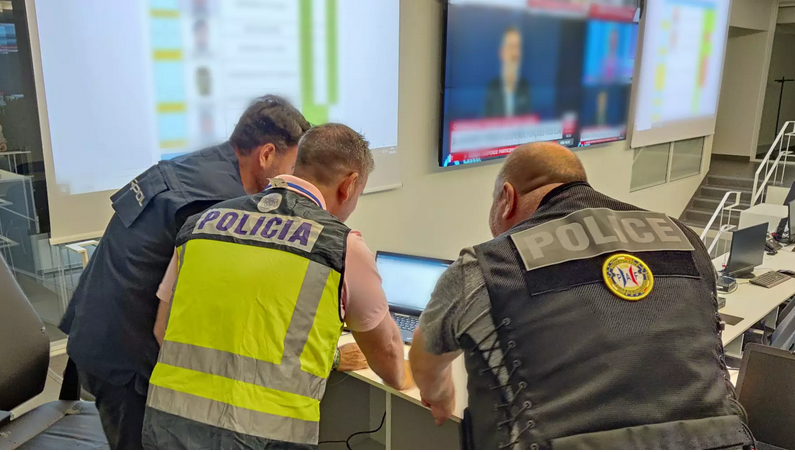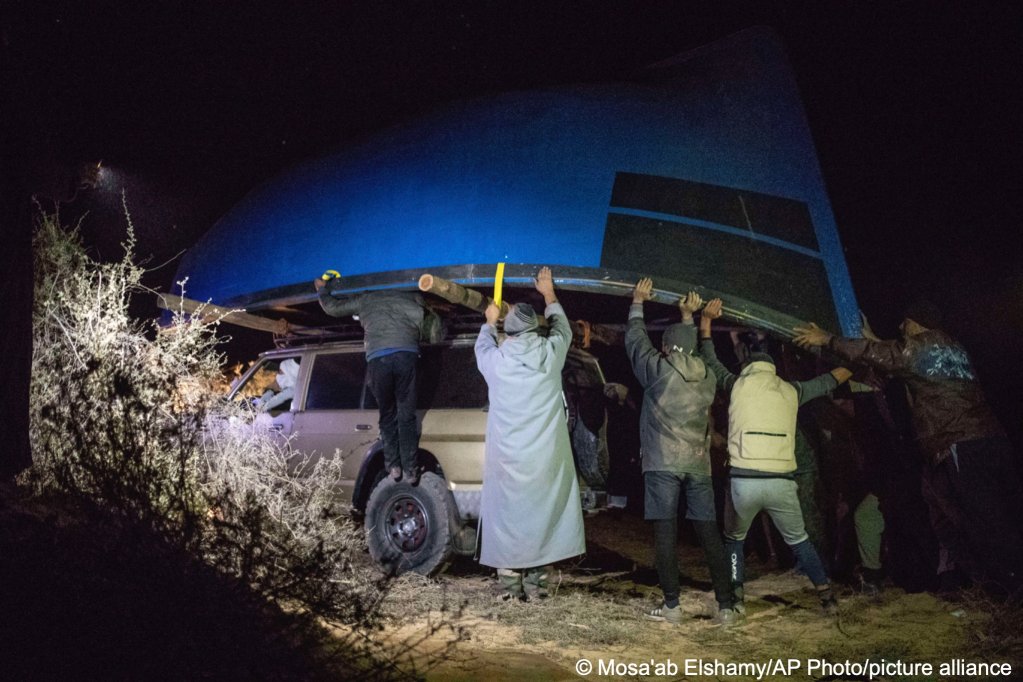A provisional agreement has been reached by the European Council and European Parliament to strengthen Europol. The move is intended to allow the EU’s policing agency to support member states in their fight against migrant smuggling and trafficking.
The new deal puts "particular emphasis on strengthening information sharing between member states and Europol to improve cooperation at the EU-level," stated a press release from the European Council on September 25.
New rules issued have amended the mandate of Europol, so that it can assist national law enforcement bodies to fight organized crime and terrorism.
This means more and enhanced information sharing about migrant smuggling and human trafficking, continued the press release.
Read AlsoWestern Balkans: Europol teams arrest four accused of smuggling over 600 migrants
New center against trafficking and smuggling to be established
The European Council and Parliament have announced that they intend to establish a European center against migrant smuggling, as a permanent structure within Europol. The center will provide both strategic, operational and technical support to member states, to allow them to both prevent and combat migrant smuggling and trafficking in human beings.

The center will also, stated the press release, "play a role in supporting the identification of victims of trafficking or other vulnerable individuals."
Both Frontex, the EU’s border agency, as well as Eurojust, the European Union Agency for criminal justice cooperation will second officers to the newly established center.
Read AlsoUK: More migrant smugglers on trial
Additional staff and funding
The European Council and Parliament have announced that an additional 50 staff and 50 million euros in funding will be added to the budget to help Europol take on these new tasks.
The agreement will now have to be confirmed by both the European Council and Parliament before being formally adopted.
According to the European Council, "it is estimated that more than 90 percent of the irregular migrants who reach the EU make use of the services of smugglers and the UN considers that smuggling networks rake in profits of between 4.7 and 6 billion euros annually."
In a Risk Analysis report by Frontex for 2023 / 24, "a record of over 15,000 migrant smugglers" were reported to Frontex in 2022. Human trafficking and smuggling are regarded as serious crimes, and often committed within a framework of organized crime.
Read AlsoFive alleged smugglers arrested in coordinated raids across Europe
Networks stretch across the globe
Past cases have shown that these smuggling networks often stretch across the globe and have members and local cooperation with criminal gangs from migrant countries of origin, right through their journeys and on in to Europe.

Many of these criminal gangs deploy a network of local criminals to act as couriers or operators of detention or accommodation sites for migrants on their journey. The unregistered nature of these networks, as well as the fact that many of these gangs are also involved in several other criminal actions, including the smuggling of drugs, weapons, or theft, violence, rape and murder, mean that migrants using a smuggler will be exposing themselves to many potential dangers during their journey, as they need to be able to trust these people with their lives, but the gangs are essentially there to turn a profit.
Read AlsoUK: Afghan migrant sharing smuggling tricks on TikTok has account removed
Protection of victims
In 2011, the EU and its member states adopted an anti-trafficking directive. This drew upon UN protocols to prevent, suppress and punish the trafficking in persons and the Council of Europe’s convention on action against trafficking in human beings.
The Council of Europe’s convention on action against human trafficking recognizes that "trafficking in human beings is not just a crime but a human rights violation." This means that all member states "have a responsibility to protect victims [of trafficking] regardless of their country of origin."
Those who are caught trafficking children are dealt with even more harshly. All European member states must provide child victims of trafficking with assistance and access to education.
In 2022, the EU registered 10,093 victims of trafficking into the EU and 2,097 people were convicted of trafficking. In 2023, 7,500 victims were identified and 457 arrests for trafficking reported.
